
Understand the impact and signs of diabetes distress Nobody describes living with diabetes as a walk in the park. It is, however, very common to hear people with diabetes describe the condition as overwhelming, frustrating, and exhausting. Diabetes distress is defined as the worries, concerns and fears among individuals with diabetes and their family members […]
Read More… from Let’s Talk: Diabetes Distress and Burnout
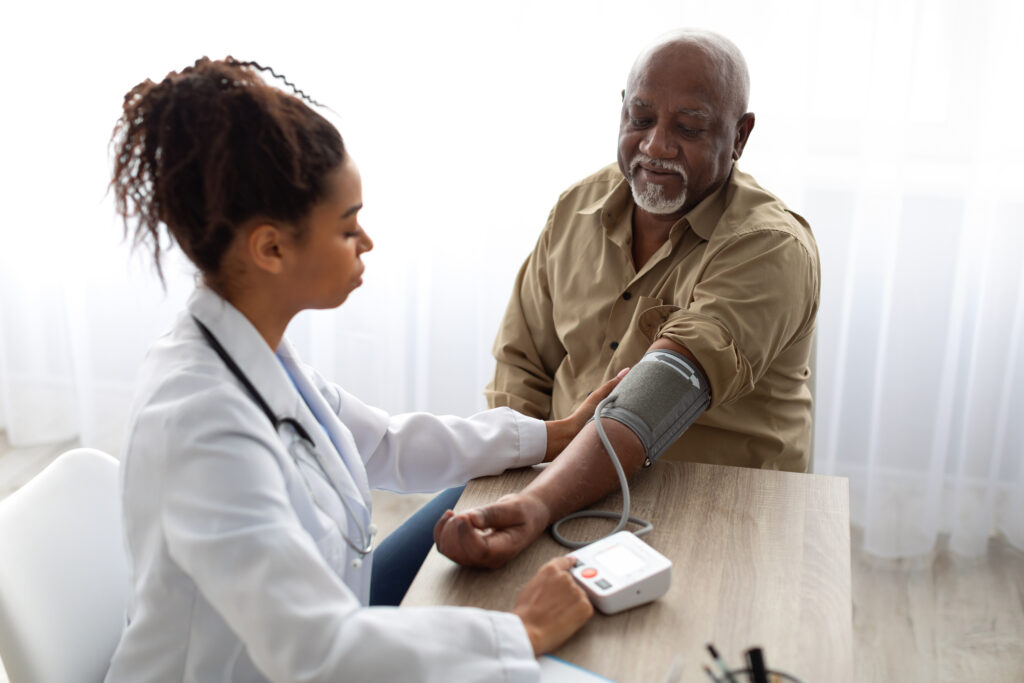
Having diabetes increases the risk of a number of diabetes-related complications. Finding ways to reduce a person’s chances of developing chronic kidney disease, cardiovascular disease, retinopathy, or other complications is a key part of diabetes care. Complications are also not an “end-point” of diabetes, so supporting a long, healthful, and meaningful life for those living […]
Read More… from How to Talk About Diabetes-Related Complications

Diabetes stigma refers to negative social judgments, stereotypes, and prejudices about diabetes or about a person due to their diabetes.1 Research shows that people who experience stigma also experience worse mental, physical, and social health outcomes.1 How we discuss diabetes in professional settings, even when people with diabetes aren’t in the room, can make a […]
Read More… from Let’s Talk: Diabetes Stigma in Marketing and Communications
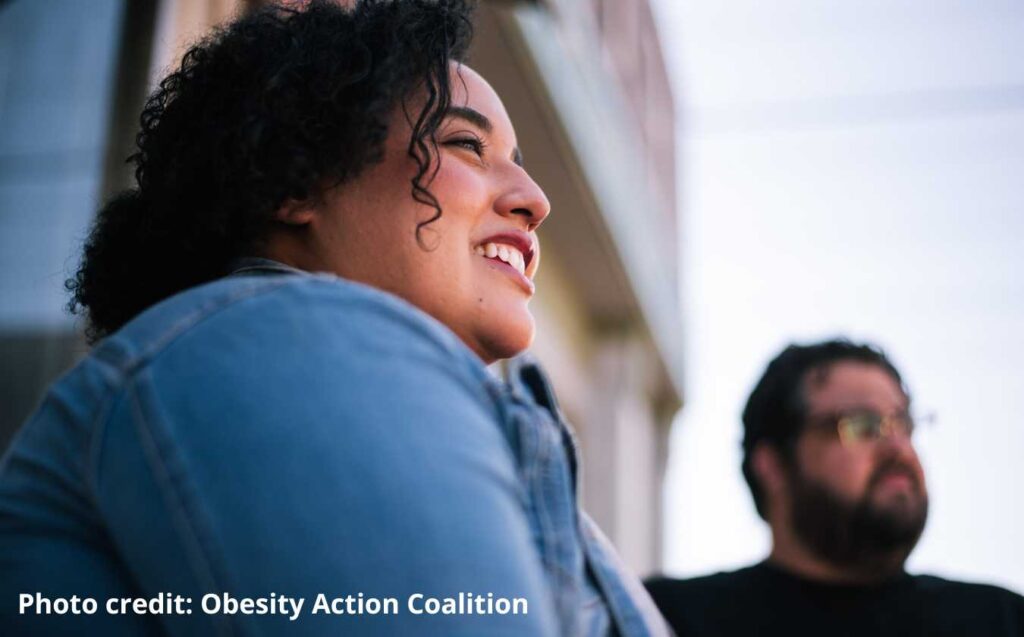
Mental health and well-being are essential aspects of diabetes care. Regardless of your specialty as a healthcare provider, being prepared to discuss mental and behavioral health and proactively screening for concerns is key to facilitating improved outcomes.1 Discussions about diabetes and mental health can often feel stigmatizing, complicated, and even harmful to a person’s relationship […]
Read More… from Let’s Talk: Mental Health & Diabetes
Diabetes is a chronic disease. But people with diabetes also experience an equally chronic problem: stigma. Underlying this stigma against diabetes are shared, deeply held assumptions about health that are embedded in American culture. The most common and problematic assumption is that health is primarily a matter of individual responsibility. In other words, health is […]
Read More… from Changing the Narrative Around Diabetes
Diabetes technology can transform management for many individuals living with diabetes. Continuous glucose monitors (CGMs), insulin pumps, and automated insulin delivery (AID) systems have all contributed to helping people better manage their diabetes while using metrics like time in range. However, conversations around diabetes-related technology and time in range can sometimes feel inaccessible and stigmatizing. […]
Read More… from Destigmatizing Diabetes Technology: A Quick Guide
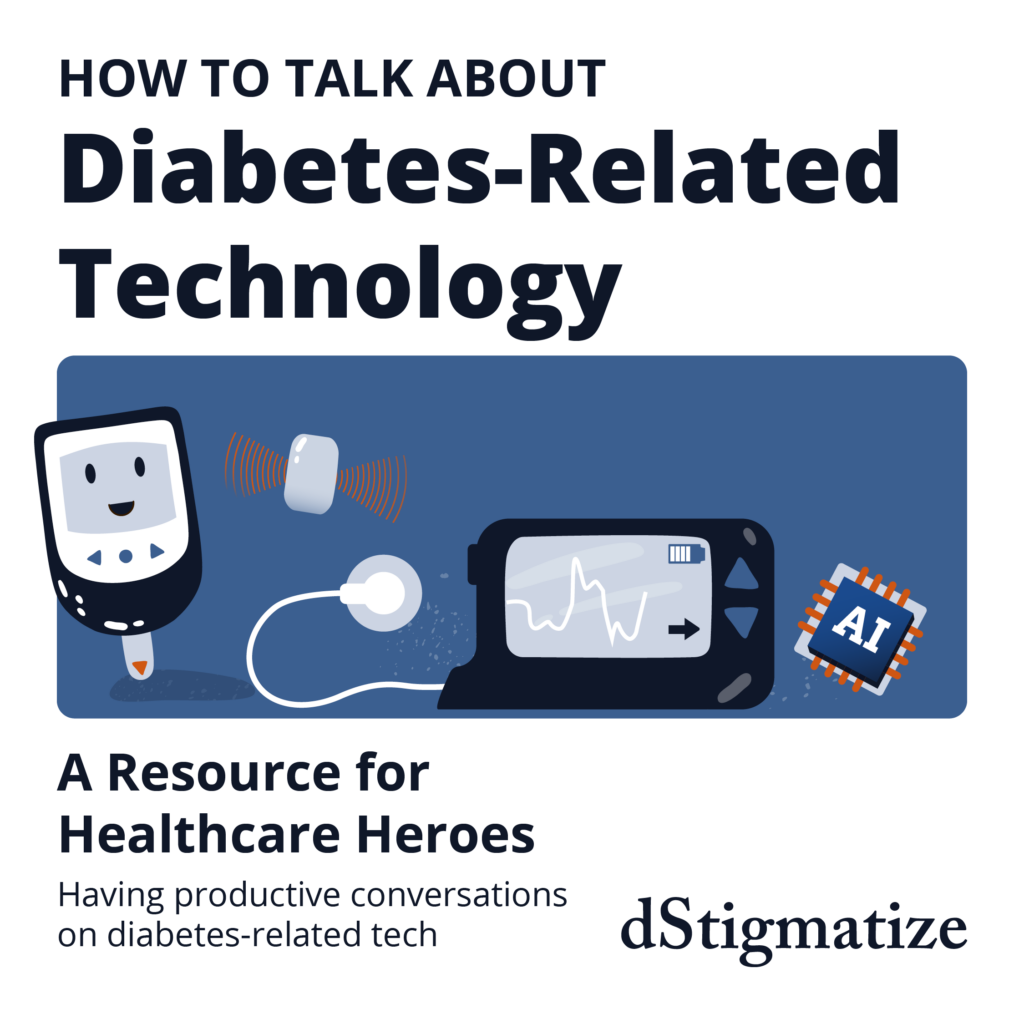
Living with diabetes can transform a person’s relationship with food and nutrition. Whether someone is interested in using nutrition to help manage their weight, eating their favorite foods with the right insulin dose, or understanding how foods impact glucose levels, each individual will have unique priorities when it comes to nutrition guidance. Discussions about food […]
Read More… from How to Talk About Nutrition with People With Diabetes
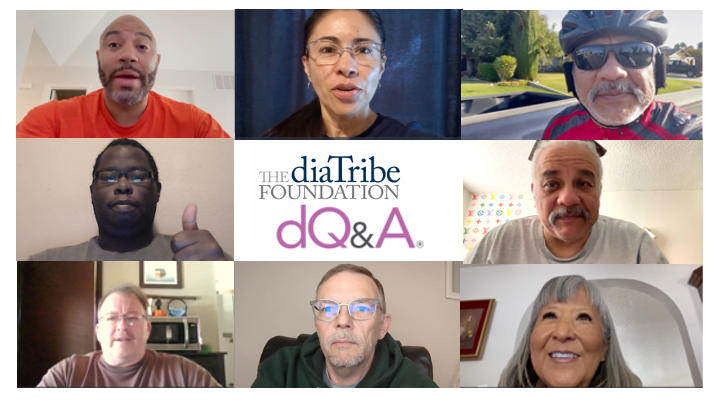
The diaTribe Foundation and market research company, dQ&A, partnered on a recent study to better understand people with diabetes’ experiences in the healthcare setting. In particular, we aimed to gain a better understanding of how people with diabetes and their healthcare team discussed diabetes-related complications and whether stigma and fear were permeating these conversations. In […]
Read More… from Stigmatizing and Fearful Experiences in the Healthcare Setting

People with diabetes consistently report experiencing stigma in healthcare spaces and from health professionals. Here are key research findings and interventional studies from leading experts in the field. A Qualitative Study of Perceived Responsibility and Self-Blame in Type 2 Diabetes: Reflections of Physicians and Patients Takeaways Interviews with 19 endocrinologists and primary care providers and […]
Read More… from Research on Stigma From Health Professionals
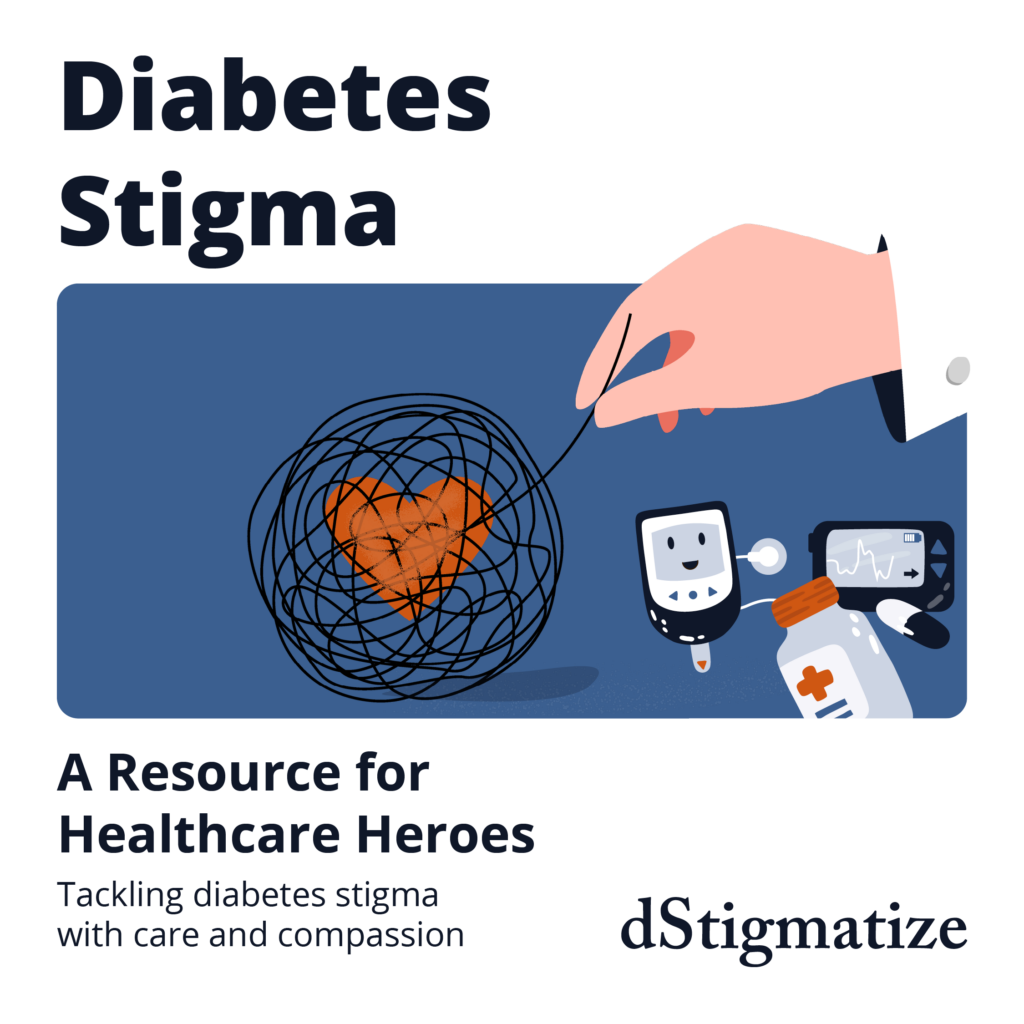
Diabetes stigma refers to negative social judgments, stereotypes, and prejudices about diabetes, or about a person due to their diabetes.1 Diabetes stigma becomes discrimination when it is used in unfair or prejudicial treatment towards a person with diabetes.1 Why does diabetes stigma exist? Most health-related stigma, including diabetes stigma, is caused by shame, blame, fear, […]
Read More… from What is Diabetes Stigma?







